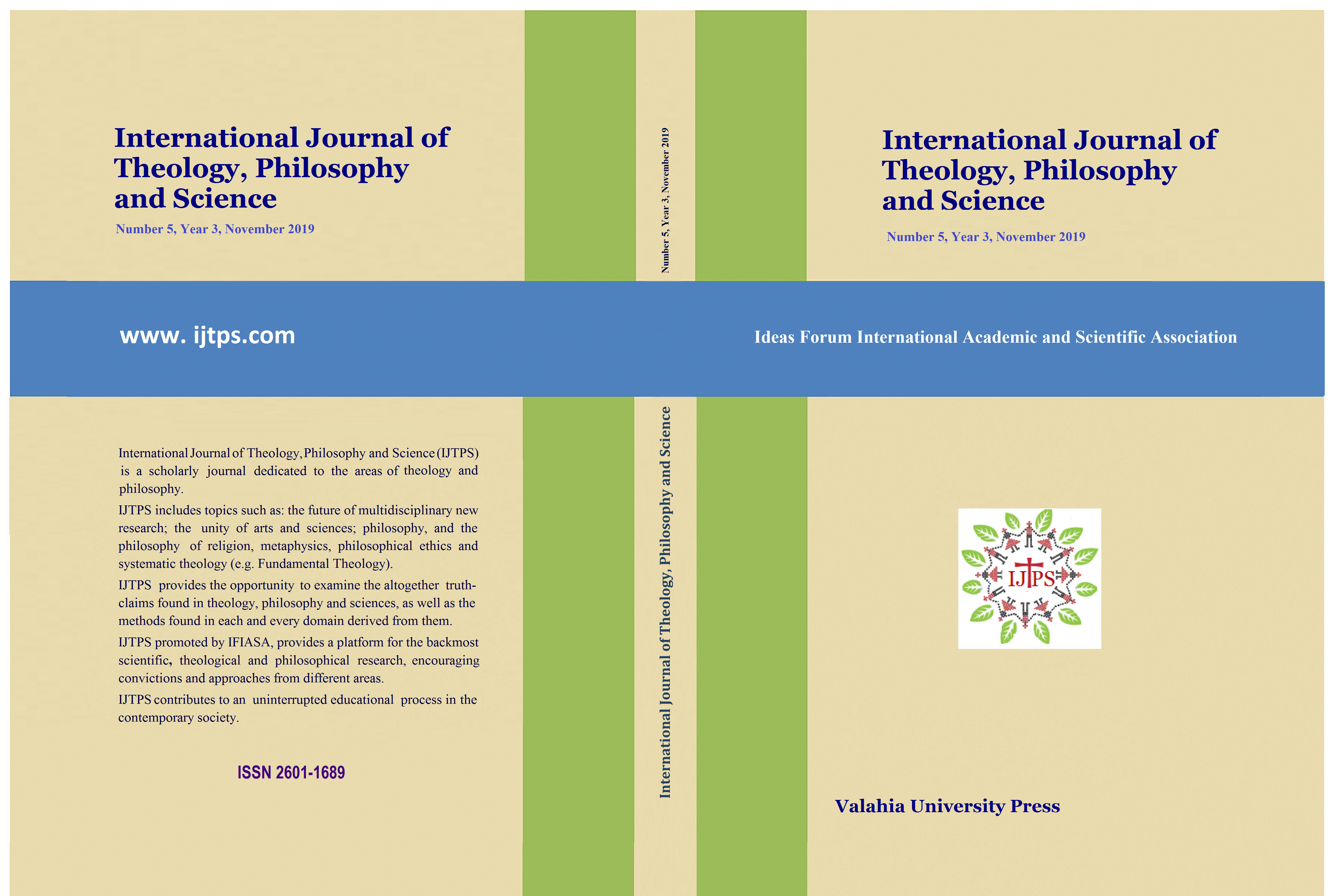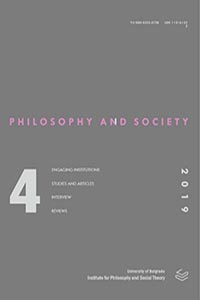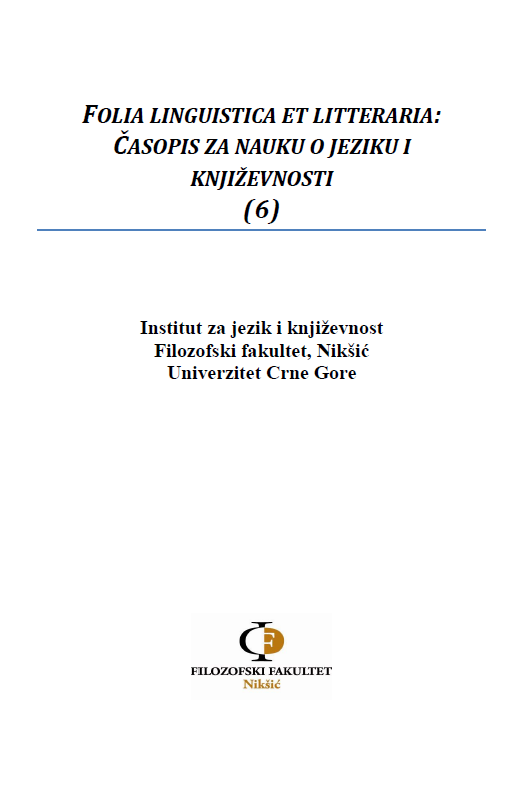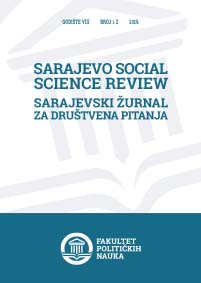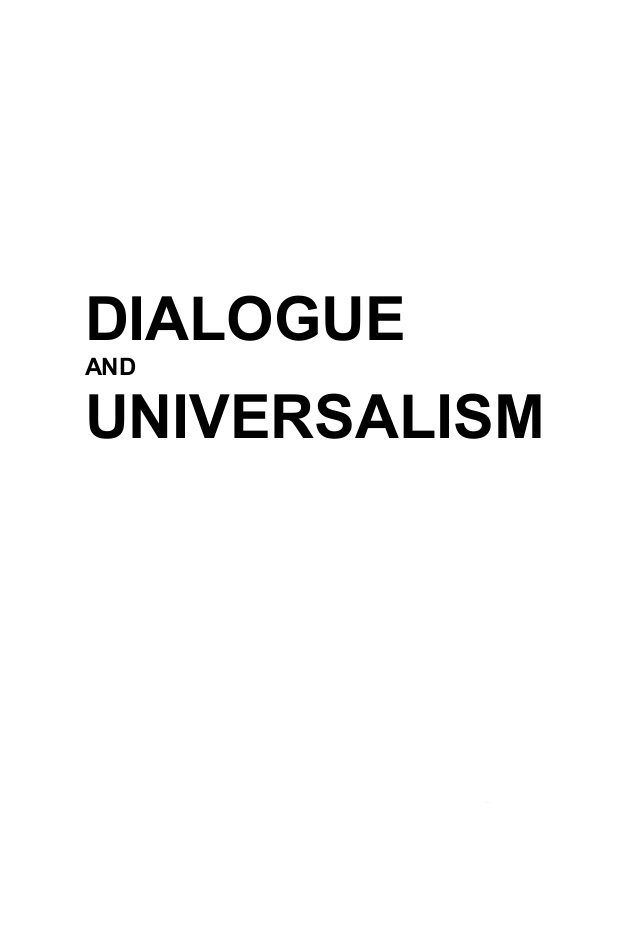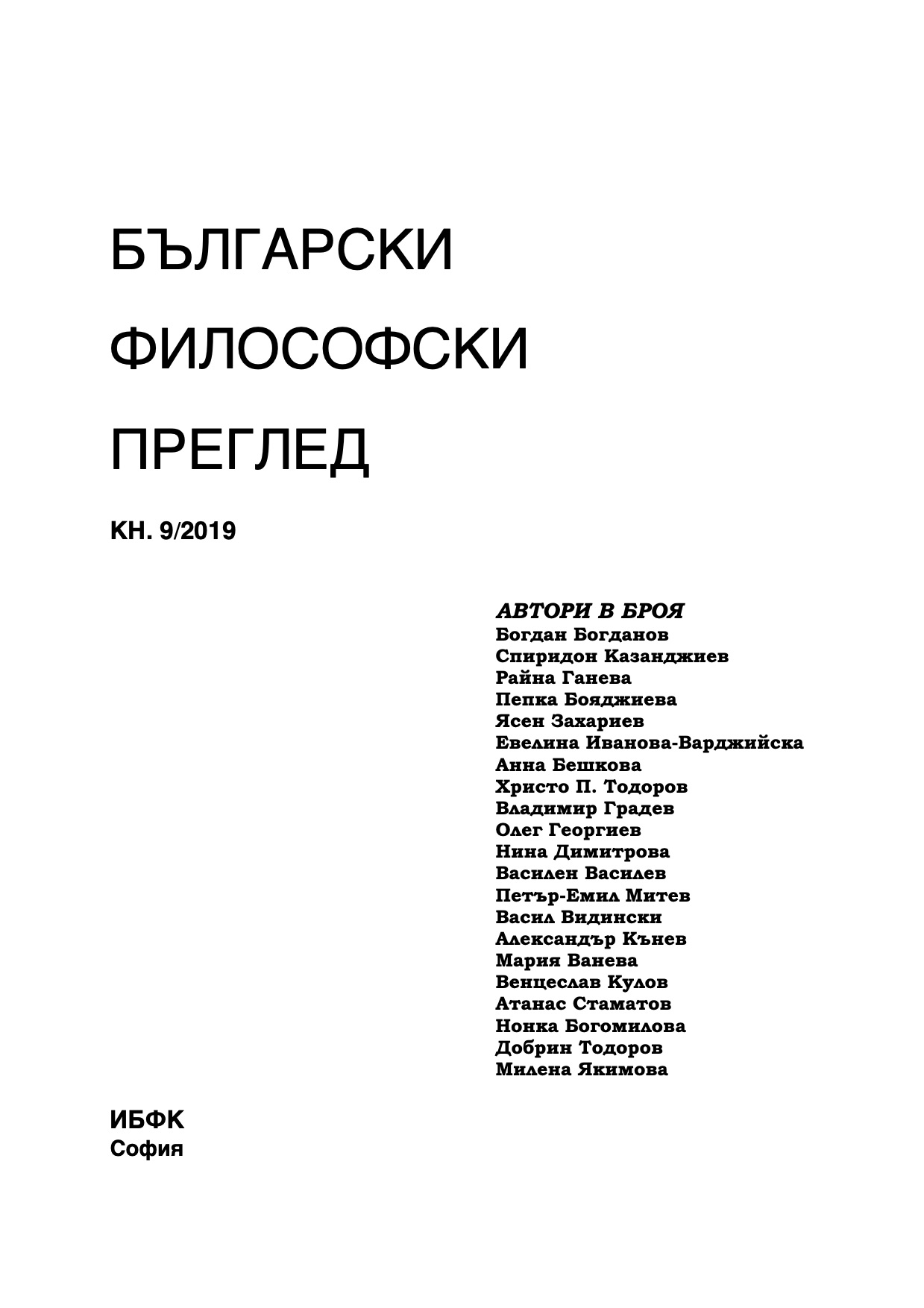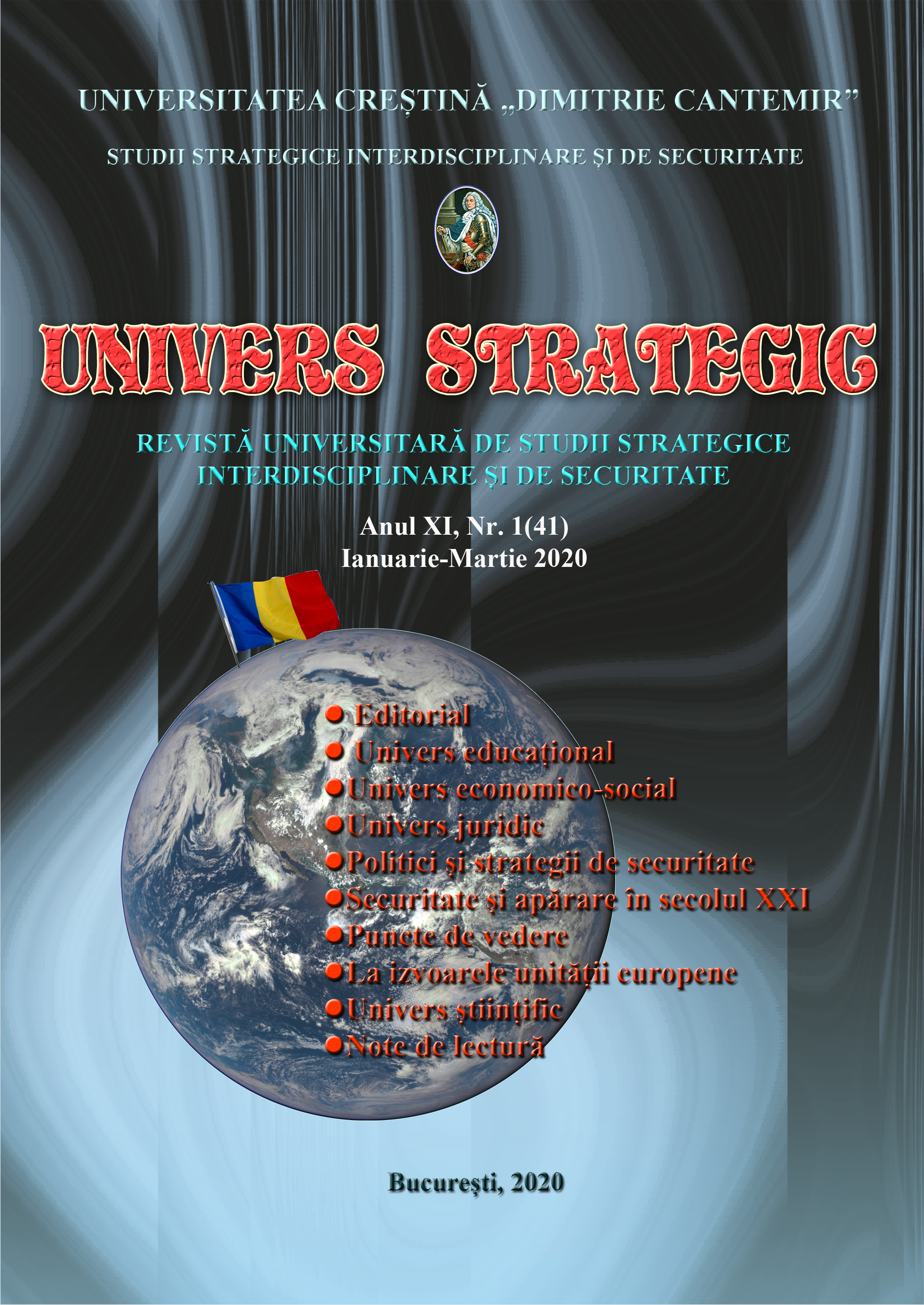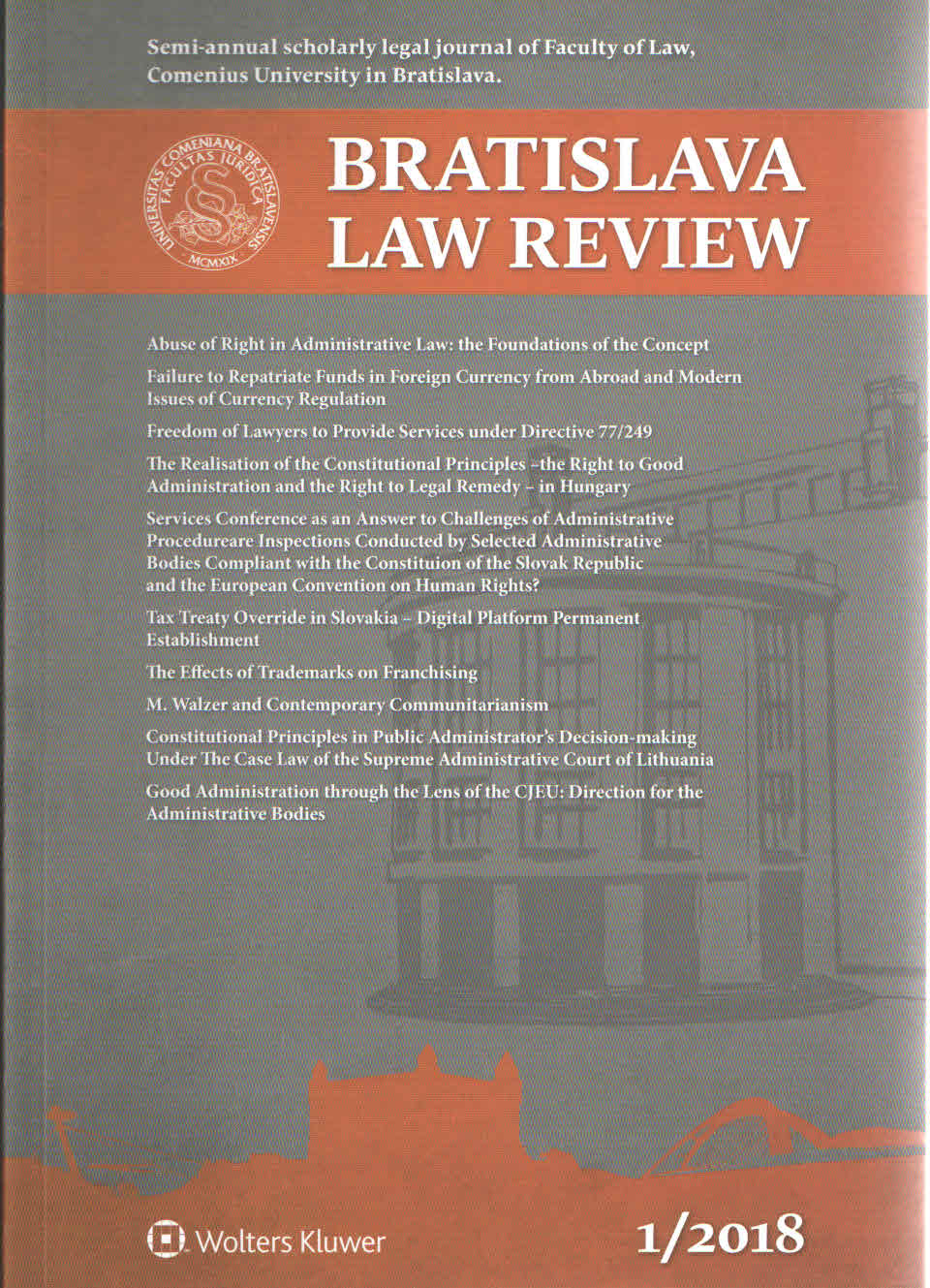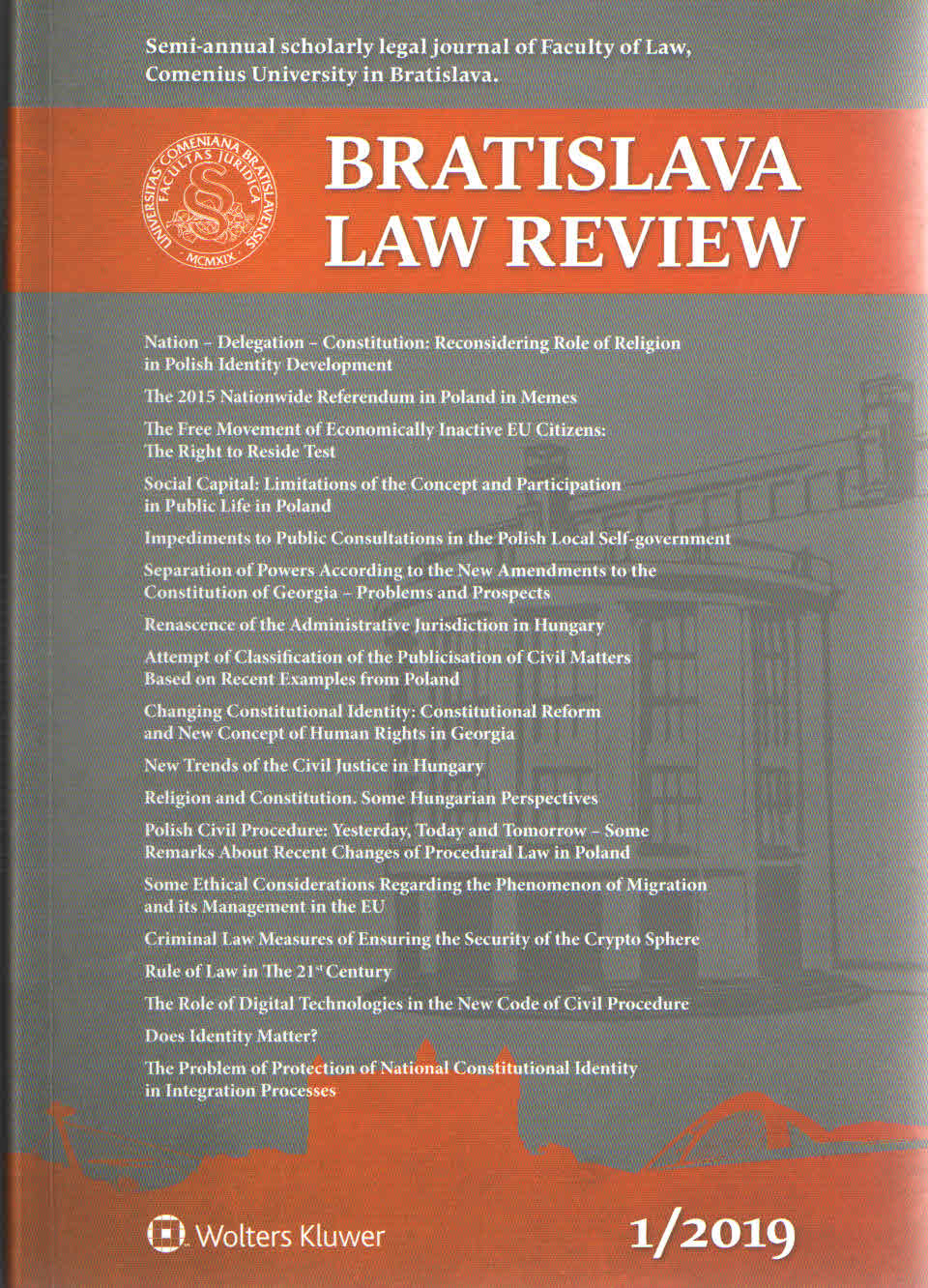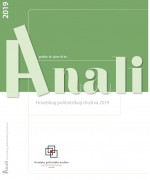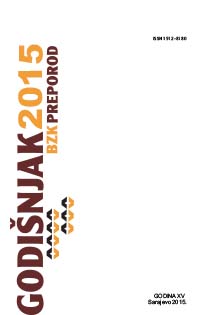
Slučaj Eichmann: kratka povijest zla: (izvod iz obimnijeg rada)
Adolf Eichmann was one of the leading officials involved in the implementation of the Nazi policy of killing Jews during the Second World War. His kidnapping in Argentina and trial in Jerusalem shook the world’s public and made troubles on political and scientific scene in the world, but at our area it did not get the deserved attention. In this paper, the author wishes to remind the scientific thought and political doctrine of an event that can be actualized now in Bosnia and Herzegovina, especially connected to the similarities and differences between the Holocaust against the Jews and genocide against Bosniaks, and the Jews’ search of war criminals after the Second World war and Bosniaks’ search after the aggression against Bosnia and Herzegovina ‘92 -’95. The most of the war criminals against Bosniaks prosecuted in The Hague, as well as Eichmann did not plead guilty and did not repent of their crimes and in their statements to the courts, you can reach the depths of evil against the other and the different. The case of Eichmann approached the victim to a necessity that has to have a strong state, which will be, as far as possible, the guarantor of that the evil does not happen again. It is a message to Bosniaks as the most numerous people in Bosnia and Herzegovina, over whom the genocide was committed, that together with other peoples, jealously guard and build the state of Bosnia and Herzegovina. Mustafa Imamović, a doctor of law and professor at the University of Sarajevo, in his capital work History of Bosniaks, Sarajevo, 1997, stated that the history is of one of the oldest social sciences and that it existed even before the advent of literacy. Therefore, the history of criminal and his intent deserve the scientific attention to be investigated as causes of evil and opportunities to stop and prevent such a terrible crime that has disturbed the conscience of humankind.
More...

